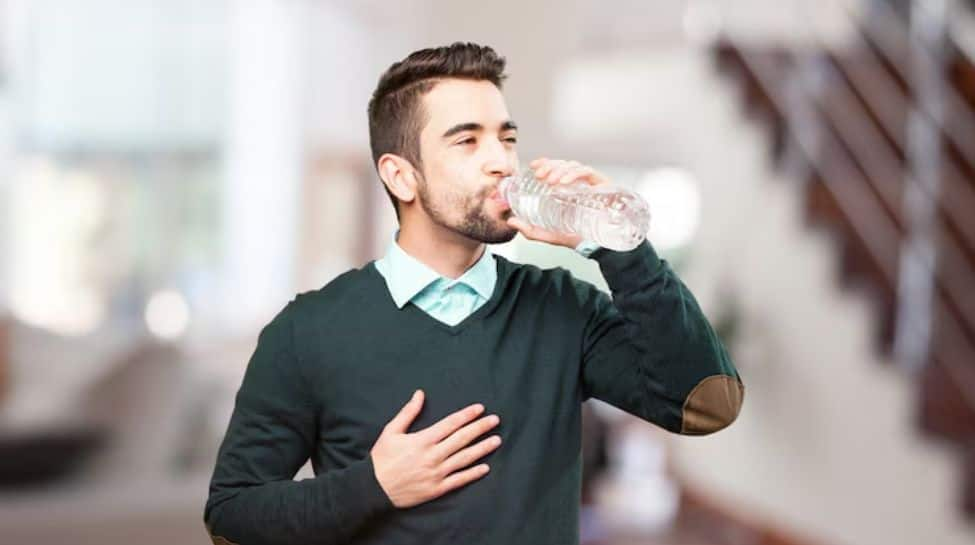It’s a common experience: you start the day feeling refreshed and hydrated, but sometimes after lunch, that energy dip hits, along with dry mouth or fatigue. You might even realize you haven’t had much water all day, despite starting strong in the morning. Why does hydration often dip after lunch, and what can you do to stay consistently hydrated throughout the day?
The Science Behind the Afternoon Hydration Slump
Busy Schedules and Distractions
By the time lunch rolls around, many people have already been deeply engrossed in work, meetings, or other tasks. This focus often means they neglect to drink water regularly. After lunch, as the afternoon demands pile on, the habit of sipping water often takes a backseat.
Changes in Hormone Levels
Our bodies follow natural circadian rhythms that influence thirst and hydration. Around midday and early afternoon, hormone levels such as vasopressin—which helps regulate water retention—can fluctuate, sometimes making you less aware of thirst signals.
Dietary Factors
Lunch choices can impact hydration. Meals high in salt, caffeine, or protein require more water to process, but ironically, these meals can sometimes make you feel less thirsty, especially if you consume caffeine, a mild diuretic. Additionally, low-water-content meals (think heavy sandwiches or fried foods) don’t contribute much to hydration.
Post-Lunch Blood Flow and Digestion
After eating, blood flow increases to the digestive tract, which can cause a temporary drop in blood flow to other parts of the body, potentially impacting your overall feeling of energy and hydration. This can lead to feeling sluggish or dehydrated, even if your water intake is adequate.
How to Fix the Afternoon Hydration Dip
Set Reminders to Drink Water
Use your phone or a hydration app to remind you to take a few sips every 30 minutes. Small, frequent amounts are better absorbed and maintain hydration more effectively than large gulps spaced far apart.
Incorporate Hydrating Foods in Your Lunch
Add fruits and vegetables with high water content to your meal—think cucumbers, watermelon, oranges, or leafy greens. These naturally boost your hydration while providing essential nutrients.
Limit Caffeine and Salt Intake at Lunch
Try to moderate caffeine consumption after mid-morning, and watch the amount of salty foods you eat at lunch, as they can increase your body’s water requirements and leave you feeling more dehydrated later.
Drink a Glass of Water Before and After Eating
Develop the habit of drinking water right before your meal to prepare your digestive system, and right after to replenish fluids lost during digestion.
Use Electrolyte-Enhanced Water or Natural Drinks
If plain water feels boring, try adding natural flavorings like lemon or cucumber slices or opt for drinks with balanced electrolytes to help your body retain fluids better.
Move Around After Lunch
Light physical activity, like a short walk, can stimulate circulation and improve hydration by promoting better blood flow and encouraging thirst signals.
(This article is intended for your general information only. Zee News does not vouch for its accuracy or reliability.)

